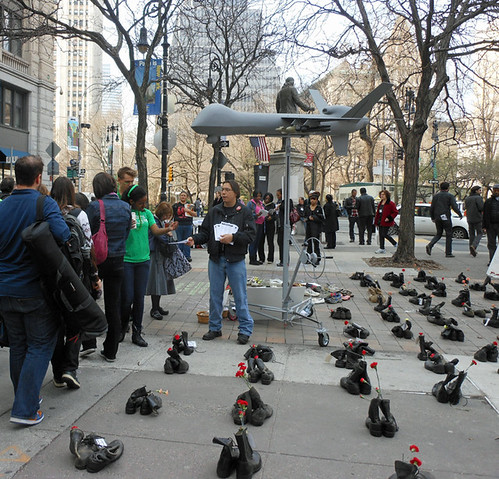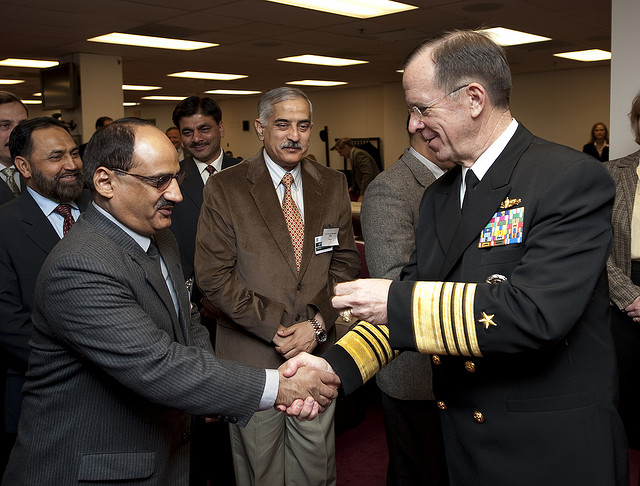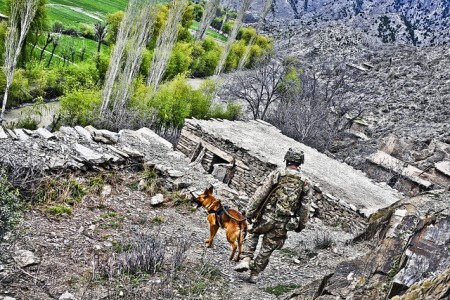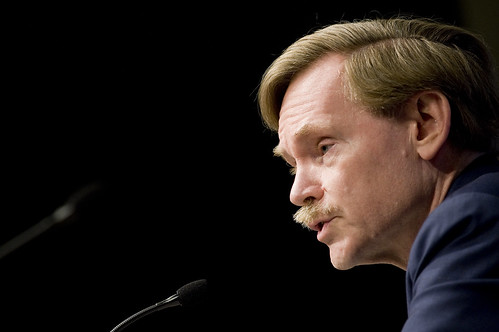
A hallmark of U.S. President Obama’s foreign policy has been a scaling down of troop presences in conflict areas, but without scaling down efforts in the War on Terror. Obama has pursued this as vigorously as his predecessor, but he has more strategically come to rely on Unmanned Aerial Vehicles (UAVs)–commonly referred to as drones–to target individual terrorists and terrorist camps.
From the beginning of this program, some groups have expressed concerns over the civil liberty implications of the use of UAVs. Privacy concerns, since UAVs are largely used in reconnaissance, were forefront in the minds of activists–until Anwar al-Awlaki.




